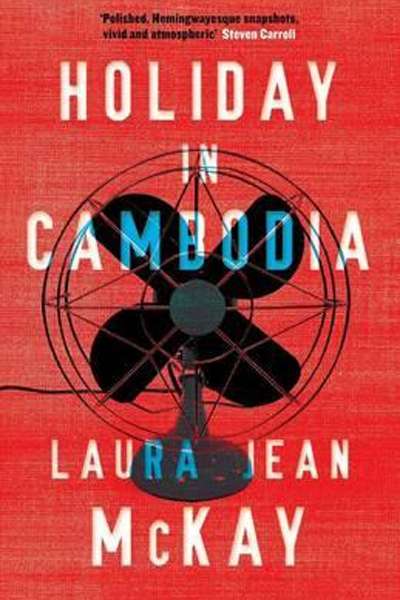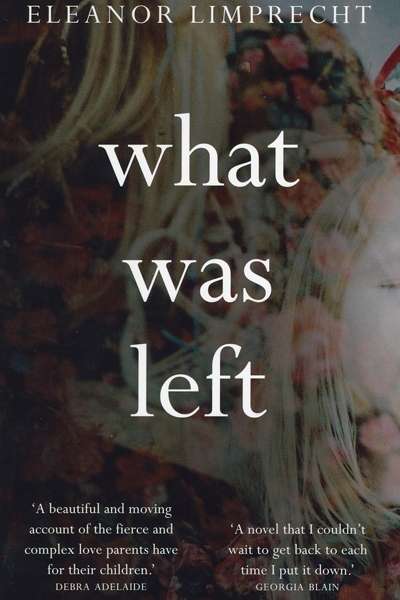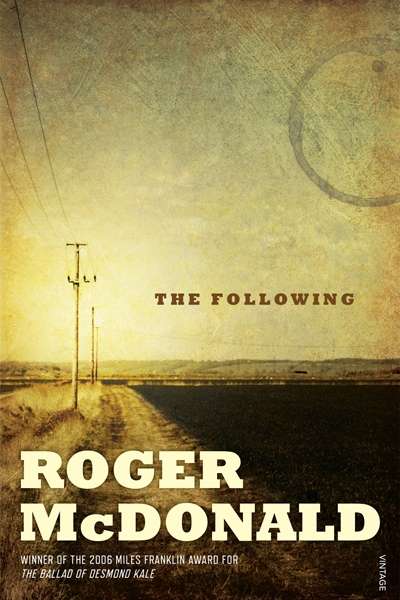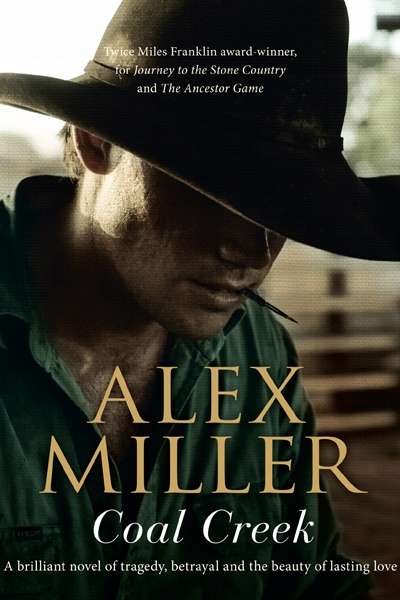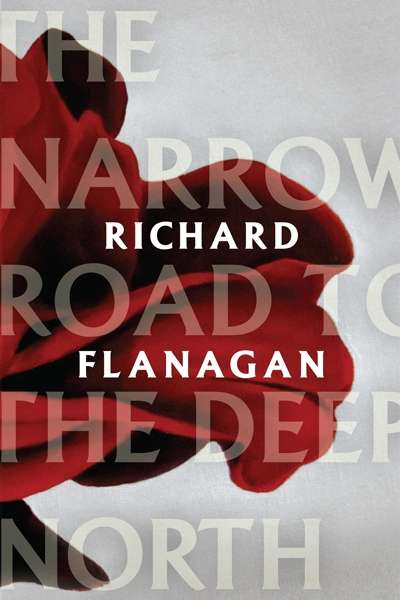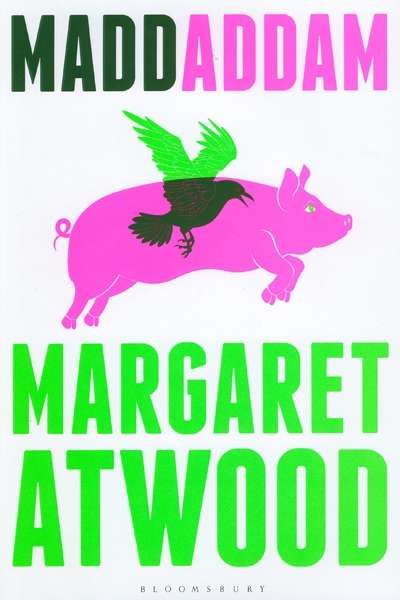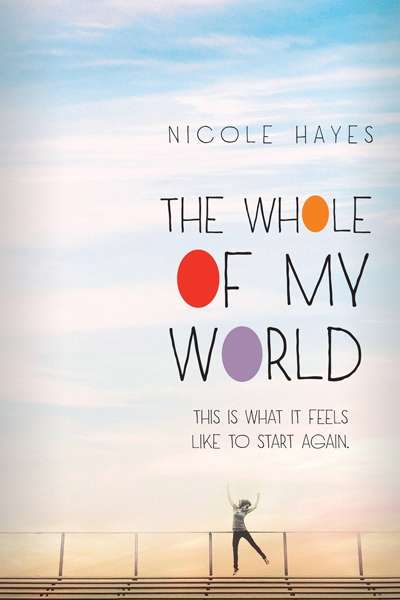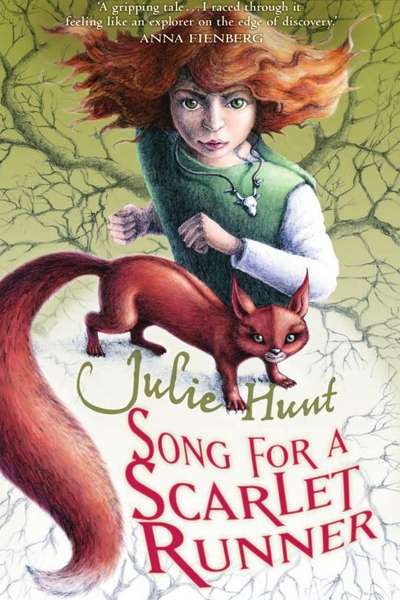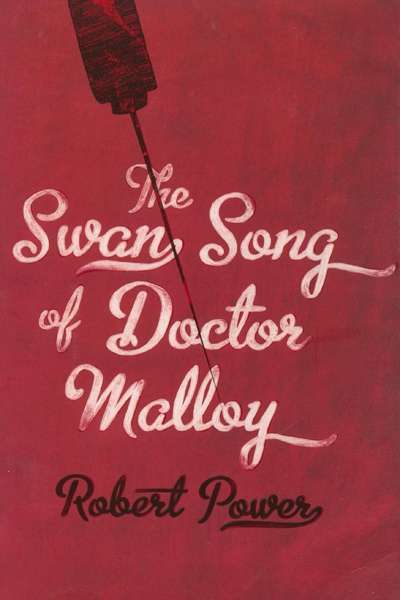Fiction
Seamlessly extending from the French occupation of Cambodia to the horrors of the Khmer Rouge and the current tourism industry, Laura Jean McKay’s début short story collection, Holiday in Cambodia, is a powerful portrait of a country long-affected by war and poverty. McKay’s knowledge of the Cambodian landscape underpins the collection. She evokes peak-hour from a motorbike, where ‘everything looks like bushfire, like nicotine’, and notes the forgotten landmines of neighbouring paddocks, which ‘travel like worms’ through loosening earth. In one of the shortest and most affecting pieces, ‘A Thousand Cobs of Corn’, a Cambodian woman looks down at her husband’s hands in the night, ‘which have shaken since he was a boy soldier’.
... (read more)Our instinctual reaction to parents who leave their children is one of suspicion. ‘Child abandonment’ elicits such images as a swaddled foundling in the woods, a parent in a train station losing hold of her child’s hand and disappearing into the crowd, or an anonymous baby hatch in a hospital. The presumption is that a mother (fathers are usually spared this judgement) abandons her child because of some shortcoming: poverty, selfishness, capriciousness. Eleanor Limprecht was prompted to write this novel by a newspaper headline at the time of the birth of her first child when a baby was abandoned at Dandenong Hospital. It asked, ‘How Could She?’
... (read more)Towards the end of Saul Bellow’s Humboldt’s Gift (1975), at the poet Von Humboldt Fleisher’s funeral on an April day in Chicago, Menasha Klinger, one of three mourners, points to a spring flower and asks Charlie Citrine, the novel’s narrator, to identify it. ‘Search me,’ Citrine replies, ‘I’m a city boy myself. They must be crocuses.’ This exchange has stayed with me for some thirty-five years. I, too, am a city boy, and couldn’t identify a crocus if I saw one.
... (read more)The writing of a novel, Alex Miller has said, ‘is a kind of journey of the imagination in which there’s the liberty to dream your own dream … There’s always got to be a model located somewhere in fact and reality … But some of your best characters are what you think of as being purely made up, just characters that needed to be there.’
... (read more)The past two decades have seen Richard Flanagan stride confidently into the first rank of Australian writers. His novels are notable for their historical reach, the boldness of their conception, and their willingness to tackle big subjects. They have won him many admirers. But they have also tended to divide opinion, often quite sharply, and this would seem to ...
Kerryn Goldsworthy admires Margaret Atwood’s depth of intellect as revealed in MaddAddam, the concluding sequel to Oryx and Crake and The Year of the Flood.
... (read more)It’s the early 1980s in Melbourne. Shelley, aged fourteen, is obsessed with football. Discussions of the game are the one point of mutual interest that allows communication between Shelley and her father in the aftermath of the death of her mother.
... (read more)The relationships between daughters and their mothers provide fascinating, fertile ground for exploration. Mothers in books are sitting ducks, really, and these three new Young Adult books take aim. One mother is a cavalier, emotionally blackmailing bank robber; another is adored, but nosy and old-fashioned; while the third, obsessed with organic food, is diagnosed with cancer. In All This Could End (Text, $19.99 pb, 288 pp, 9781921758447), Steph Bowe challenges the controlling mother trope by portraying one who robs banks. Antonella Preto treads the complex terrain between an Italian migrant mother and her first-generation Australian daughter in The Mimosa Tree (Fremantle Press, $19.99 pb, 376 pp, 9781922089199), while the prospect of losing one’s mother encourages sweet soul-searching in Aimee Said’s new novel Freia Lockhart’s Summer of Awful (Walker Books, $16.95 pb, 288 pp, 9781921977800). If being a mother is tough, being a daughter is no picnic.
... (read more)After several picture books and novels for early readers, Tasmanian author Julie Hunt moves into fiction for older readers with this lyrical fantasy adventure. Set in an imaginary world, but drawing on Gaelic and Anglo-Saxon folk-tale motifs, Song for a Scarlet Runner is a charming introduction to fantasy for young readers.
... (read more)The Swan Song of Doctor Malloy, a novel about addiction, compulsion, and recovery, is set within a fast-moving thriller. Traversing the worlds of health research, drug cartels, world politics, and corporations, it is a conspiracy novel that manages to stay just within the realms of credibility due to the specialist knowledge the author brings to the tale.
... (read more)

